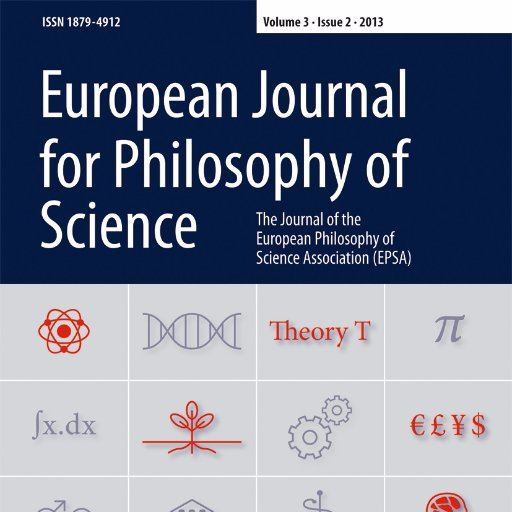Topical Collections < Philosophical Perspectives on the Replicability Crisis Philosophical Perspectives on the Replicability CrisisGUEST EDITORS Mattia Andreoletti and Jan Sprenger Reproducibility of research findings has always been considered the cornerstone of experimental science. Yet, in the last decade, the so-called “replicability crisis” has put this principle into question, plunging science into a deep epistemological crisis. If scientific studies are not reproducible, how can we trust them? This concern has cut across a broad range of disciplines such as psychological and biomedical sciences. In the era of post-truth, alt-facts, and polarization of scientific debates in the public arena, shortcomings of the scientific method jeopardize the epistemic authority of the whole scientific enterprise. So far, the discourse about causes, extent and solutions of the replicability crisis has been firmly in the hand of (meta-)scientists and methodologists. But it also caught the attention of science and technology studies scholars, which have always been interested in quality control mechanisms of science. However, the crisis is entangled with core philosophical problems, such as the foundations of statistical inference, the role of values and biasin scientific reasoning, and the social structures and conventionsof science. Solution proposals in the literature (e.g., compulsory pre-registration) are mainly on a technical level, while we believe they deserve more philosophical analysis. This topical collection will integrate the epistemic and social study of science in order to close this gap. In particular, it will gather, combine and contrast different methodological techniques, such as specific case studies, sociological approaches, general and more formal approaches from philosophy of science (e.g., philosophy of statistics and meta-science). Questions we would like to consider include, but are not limited to:
This topical collection will be a comprehensive and systematic topical collection on the replicability crisis. It will be unique in spanning a wide range of approaches from philosophic to social studies of science, thus bringing together the different ends of the methodological spectrum. The topical collection will show how philosophical analyses sheds light on the causes, the nature, and the consequences of the crisis. It will also provide a critical perspective on existing solution proposals and contribute to developing new ways out of the crisis. In this way, philosophers can demonstrate the relevance of philosophical analysis for scientific practice, enter a constructive dialogue also with (meta-)scientists and methodologists, and pave the way for fruitful cross-disciplinary collaborations. We appreciate submissions from philosophy of science and social studies of science scholars, and also from scholars in the sciences or related fields, who would like to make a philosophical contribution to understanding replicability crisis. WHEN: The submissions portal will be open between 1 October and 31 December 2019. WHERE: Submit your paper through the EJPS Editorial Manager under a dedicated heading entitled "Philosophical Perspectives on the Replicability Crisis". Please select this heading when submitting the manuscript. HOW: Submitted papers will be peer-reviewed as per usual journal practice. Typically, two reviewers will be assigned to each paper and final decisions will be taken by EJPS Editors in Chief, following the recommendation of the Guest EditorS, which is based on the reviewers’ reports. Please prepare papers for masked reviews. |


